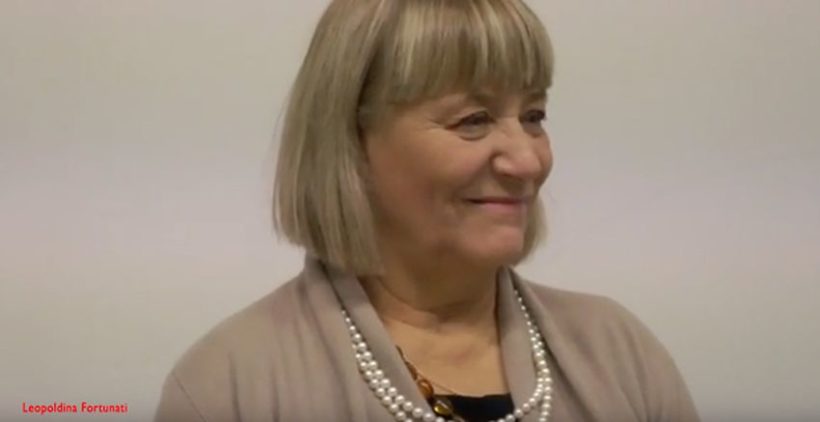We wanted to interview Italian writer Leopoldina Fortunati, a renowned theorist and writer, Sociology academic at the University of Udine, feminist activist and member of Potere Operaio and one of the main referents of the current of autonomous feminism, as she has just published her book “The arcane of reproduction. Housewives, prostitutes, workers and capital’, translated into Spanish by Javiera Mondaca and published by Tiempo Robado Editoras.
Pressenza: Thank you very much Leopoldina for accepting this interview. First of all, we would like to ask you about your book, written in 1981, which was translated into English in 1995 and only now, in 2019, translated into Spanish. Why has it only now been translated into Spanish? It seems to us – in Latin America – that the interest in the themes you deal with is enormous, and we know that this kind of literature has a strong impact. How do you see it?
Leopoldina: There was an attempt in the 1980s to publish Arcano in Mexico, but then nothing came out. In the meantime, a Korean translation had come out, but many interested people had read it in English. In recent years there has been renewed interest in translating this book into several national languages. At the end of 2021 or the beginning of 2022, it should also be published in French (by Entremonde) and for the second time in Korean. I am very happy that now, thanks to Tiempo Robado, there is a Chilean edition.
Pressenza: We know that this is a revised edition, which also includes a prologue written especially for this edition by Silvia Federici. Do you hope that the publishing house will distribute it throughout Latin America or only in Chile? How important do you think it will be?
Leopoldina: I hope that Arcano will be widely distributed, possibly throughout Latin America. I have great confidence in the enthusiasm expressed by Tiempo Robado and their ability to circulate their translation throughout Latin America. I am also confident that at the time of COVID-19 this book can be a valuable tool to address the invisibility that has once again descended on women’s work.
Pressenza: In terms of content, we are aware that your work provides elements of analysis that allow us to understand the place of domestic work in the capitalist system. Could you briefly illustrate this for us?
Leopoldina: The Arcanum organically analyses the process of reproduction – understood as domestic work as much as prostitution – using Marxist categories in a creative and critical way.
It shows how domestic labour and prostitution are in fact productive labour, even though they apparently do not have the necessary characteristics to be defined as such. As productive labour, they create an enormous amount of value in the sphere of reproduction, so women are an integral part of the vast array of forces that can actually transform the world by radically changing this economic and political system.
Pressenza: Very interesting Leopoldina, very interesting! Thank you very much. In addition to greeting you and thanking you for this interview, we take this opportunity to wish you much success with your work, now translated and published in Spanish.
Leopoldina: Thank you very much to you, also for your wishes for the reception of this work!











